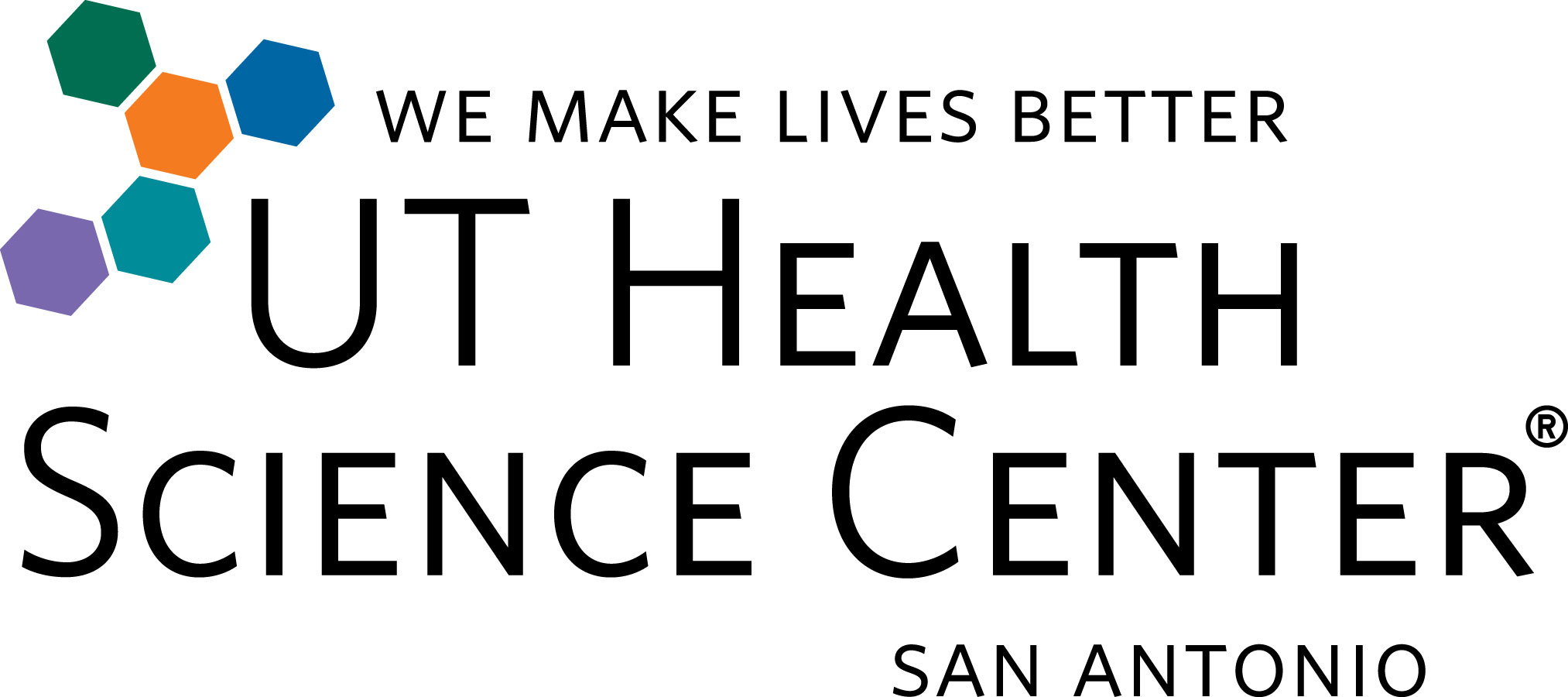Chromosome 18 Clinical Research Center
| Status: | Recruiting |
|---|---|
| Conditions: | Endocrine |
| Therapuetic Areas: | Endocrinology |
| Healthy: | No |
| Age Range: | Any |
| Updated: | 10/3/2018 |
| Start Date: | September 1993 |
| End Date: | December 2025 |
| Contact: | Jannine D. Cody, Ph.D. |
| Email: | cody@uthscsa.edu |
| Phone: | 210-567-9220 |
The Chromosome 18 Clinical Research Center
Our vision, that of the researchers at the University of Texas Health Science Center at San
Antonio, is that every person with a chromosome 18 abnormality will have an autonomous and
healthy life. Our mission is to provide families affected by chromosome 18 abnormalities with
comprehensive medical and educational information. Our goals are to provide definitive
medical and education resources for the families of individuals with chromosome 18
abnormalities; perform and facilitate groundbreaking clinical and basic research relating to
the syndromes of chromosome 18; and to provide treatments to help these individuals overcome
the effects of their chromosome abnormality.
Antonio, is that every person with a chromosome 18 abnormality will have an autonomous and
healthy life. Our mission is to provide families affected by chromosome 18 abnormalities with
comprehensive medical and educational information. Our goals are to provide definitive
medical and education resources for the families of individuals with chromosome 18
abnormalities; perform and facilitate groundbreaking clinical and basic research relating to
the syndromes of chromosome 18; and to provide treatments to help these individuals overcome
the effects of their chromosome abnormality.
Protocol Summary:
The hypotheses are:
1. growth hormone (GH) deficiency in children with chromosome 18 deletions is accompanied
by cognitive and microstructural abnormalities of the brain that can be ameliorated by
GH treatment; and
2. the physical and behavioral findings in individuals with abnormalities of chromosome 18
are due to the genes that present in a non-diploid number.
Therefore, correlation of the physical and behavioral findings with the extent of the
deletion will help identify the genes involved. An understanding of the molecular mechanisms
of the phenotype will provide the insight necessary to devise appropriate therapies.
Our goals are:
1. to be the international medical and education resource for the families of individuals
with chromosome 18 abnormalities;
2. to perform and facilitate both clinical and basic research relating to the disorders of
chromosome 18; and
3. to devise treatments to help these individuals overcome the negative effects of their
chromosome abnormality.
To attain these goals, the study has the following specific aims:
1. perform genotypic molecular analysis on the DNA of the subjects and their biological
parents to determine the genotype of the affected individual;
2. gather comprehensive clinical data on individuals with chromosome 18 abnormalities
including:
1. determination of growth hormone levels;
2. measurement of corticotrophin, thyroid and sex hormones;
3. psychiatric and neuropsychological evaluations;
4. audiology and ENT testing;
5. brain MRI scan;
6. genetic dysmorphology examination;
7. neurology exam;
8. dental exam;
9. speech pathology evaluation;
10. gastrointestinal exam;
11. orthopedic exam;
12. ophthalmology exam.
The phenotypical assessment will be longitudinal; therefore, the participants will have a
wide age range. This extensive range plus the fact that some participants will be assessed
multiple times means that not all components of the clinical studies will be appropriate for
every subject at every visit.
The hypotheses are:
1. growth hormone (GH) deficiency in children with chromosome 18 deletions is accompanied
by cognitive and microstructural abnormalities of the brain that can be ameliorated by
GH treatment; and
2. the physical and behavioral findings in individuals with abnormalities of chromosome 18
are due to the genes that present in a non-diploid number.
Therefore, correlation of the physical and behavioral findings with the extent of the
deletion will help identify the genes involved. An understanding of the molecular mechanisms
of the phenotype will provide the insight necessary to devise appropriate therapies.
Our goals are:
1. to be the international medical and education resource for the families of individuals
with chromosome 18 abnormalities;
2. to perform and facilitate both clinical and basic research relating to the disorders of
chromosome 18; and
3. to devise treatments to help these individuals overcome the negative effects of their
chromosome abnormality.
To attain these goals, the study has the following specific aims:
1. perform genotypic molecular analysis on the DNA of the subjects and their biological
parents to determine the genotype of the affected individual;
2. gather comprehensive clinical data on individuals with chromosome 18 abnormalities
including:
1. determination of growth hormone levels;
2. measurement of corticotrophin, thyroid and sex hormones;
3. psychiatric and neuropsychological evaluations;
4. audiology and ENT testing;
5. brain MRI scan;
6. genetic dysmorphology examination;
7. neurology exam;
8. dental exam;
9. speech pathology evaluation;
10. gastrointestinal exam;
11. orthopedic exam;
12. ophthalmology exam.
The phenotypical assessment will be longitudinal; therefore, the participants will have a
wide age range. This extensive range plus the fact that some participants will be assessed
multiple times means that not all components of the clinical studies will be appropriate for
every subject at every visit.
Inclusion Criteria:
- Must have a confirmed diagnosis of Chromosome 18 or be the parent/guardian of a child
with Chromosome 18
- Subject must be at least one year of age to participate in the clinical examination
aspect of the study (due to issues of venous access and blood volume required to
complete studies)
- General health status: good
Exclusion Criteria:
- Pregnant women
- Dead fetuses
- Prisoners
- Non-viable neonates or neonates of uncertain viability
We found this trial at
1
site
4502 Medical Drive
San Antonio, Texas 78284
San Antonio, Texas 78284
(210) 567-7000

Principal Investigator: Jannine D. Cody, Ph.D.
Phone: 210-567-9220
University of Texas Health Science Center at San Antonio The University of Texas Health Science...
Click here to add this to my saved trials